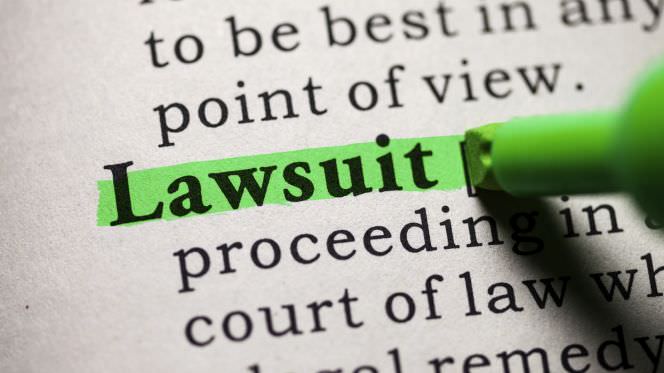Former members of First Baptist Church of Hammond argue in a federal lawsuit that the church is responsible for an investment fraud run by a deacon hired by the church to provide financial advice.
The former parishioners – Joseph and Crystal Elwell, formerly of Schererville, and Deborah and Robert Baldwin, formerly of Crown Point – say in the lawsuit, filed Thursday in the U.S. District Court in Hammond, that former Pastor Jack Schaap and Thomas Kimmel tricked them into investing more than $400,000 into what turned out to be a Ponzi scheme.
According to the lawsuit, Schaap, who resigned in 2012 after he admitted to having sex with an underage church member, hired Kimmel in 2006 to provide financial counseling to members of the church and gave him an office in the church. Kimmel also served on the church’s Board of Deacons and on the Board of Directors for Hyles-Anderson College in Schererville, which is operated by the church.
The plaintiffs claim that Schaap would often urge church members to go to Kimmel for financial help, and they both began touting a specific investment through a company called Sure Line Acceptance Corp., the lawsuit says.
Sure Line’s investments were related to used-car lots in North Carolina, which would finance loans for buyers. First Baptist members were told that their investments would earn 12 percent interest while being backed by a two-to-one collateral and that both Kimmel and the church had invested money in the program, $450,000 and $1 million, respectively, according to the lawsuit.
The lawsuit says that Kimmel first approached Joseph Elwell, who worked for the church as a missionary and a teacher at Hyles-Anderson, in 2006 about investing in Sure Line.
The Elwells eventually invested a total of $225,000, according to the lawsuit.
The Baldwins followed suit, investing more than $250,000, most of it money that came from a life insurance policy for Deborah Baldwin’s first husband that was meant for their children.
The lawsuit says that initial interest payments made both the Elwells and Baldwins feel safe in their investment until they stopped receiving those payments in 2012. They eventually learned that the economic recession had hit Sure Line as people stopped buying cars, and Kimmel and others began using the money from new investors to pay the interests to other investors, according to the lawsuit. The scheme fell apart in 2012, when there wasn’t enough money to keep up the payments.
Kimmel was eventually charged and convicted in federal court in North Carolina in 2014 for taking part in the fraud, and federal attorneys in the case said in a filing that Kimmel sold the investment to Baptist churches across the country using similar lies.
Federal attorneys estimate the overall loss from the Ponzi scheme was about $16 million, although it’s not clear how much of that loss came from First Baptist members.
Rick Hammond, attorney for First Baptist, denied the claims of the lawsuit and said that any relationship Kimmel had with the church was irrelevant to any fraud.
“The church had no knowledge or participation in any alleged wrongdoings that were taking place,” he said.
The plaintiffs ask in the lawsuit for compensatory damages for the money they lost through the investments as well as punitive damages.
Source: www.chicagotribune.com





Be the first to comment on "Lawsuit: Hammond Church Responsible for Investment Fraud"